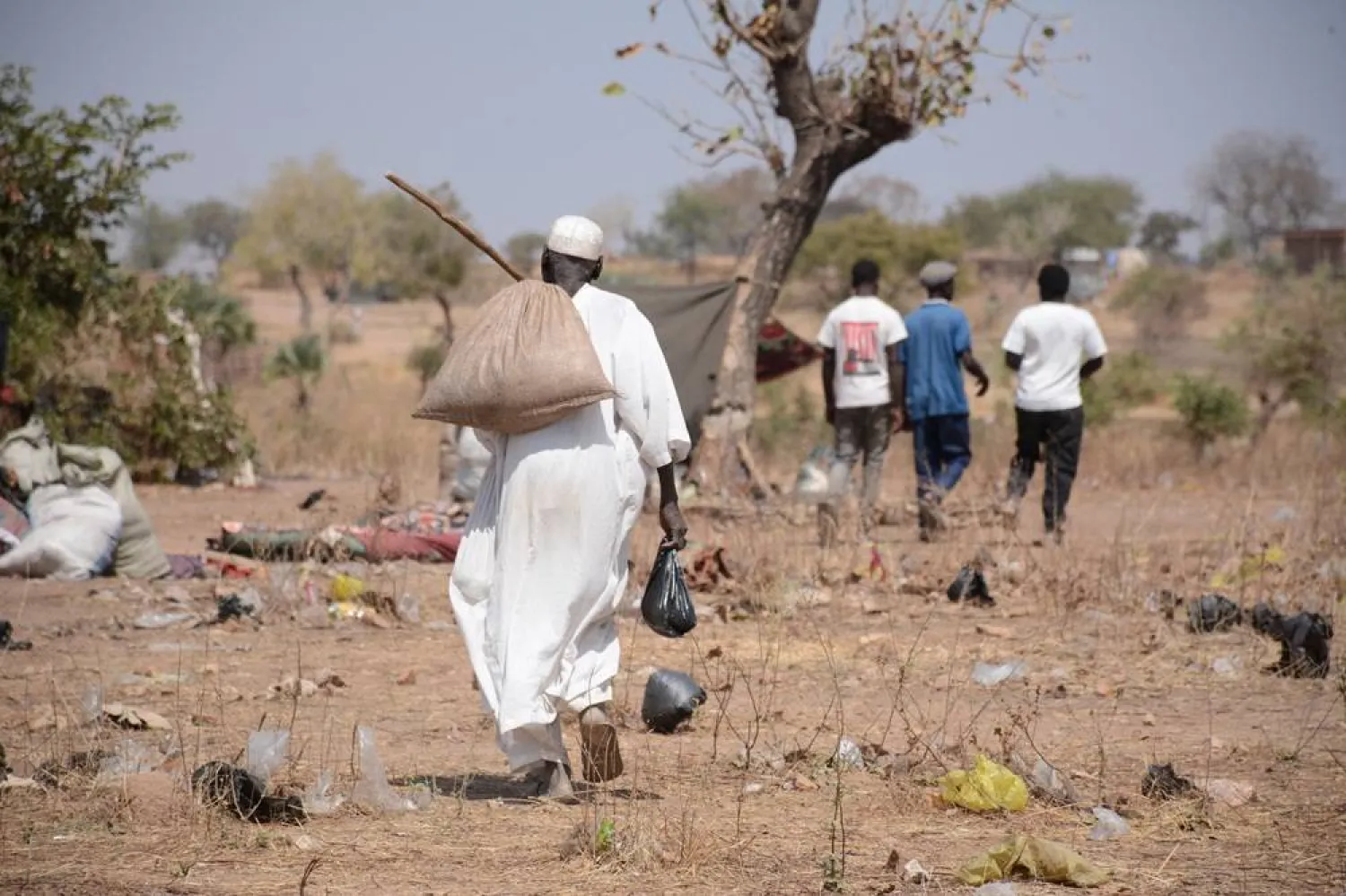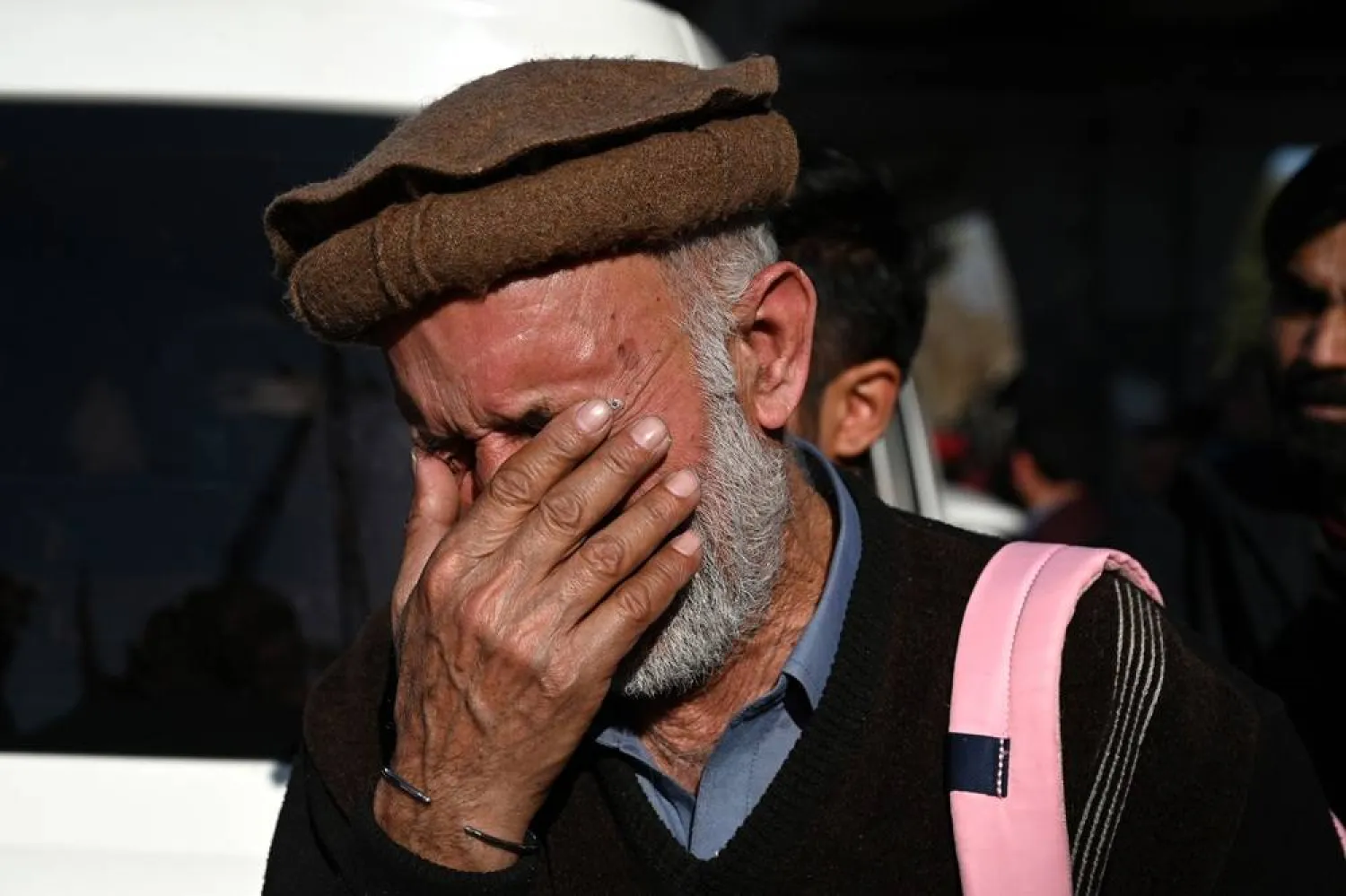The UAE and Sudan have launched a strategic partnership in government modernization, as part of their efforts to enhance cooperation and exchange expertise and knowledge in various fields.
Sudanese Prime Minister of Abdalla Hamdok participated in bilateral meetings held during the UAE delegation’s visit to Sudan.
Hamdok highlighted the long-lasting relation between the two countries and extended his appreciation to the UAE government for supporting Khartoum and contributing to its full return to the international community.
The UAE delegation, headed by Minister of State for Government Development and the Future Ohood Al Roumi, discussed with Sudanese Minister of Cabinet Affairs Eng. Khaled Omar Youssef the means to enhance bilateral relations, and opportunities to expand cooperation and exchange knowledge and expertise in the various sectors of government work.
The Sudanese PM said the relation between the UAE and Sudan is witnessing a great development at all levels.
“We aim to establish a strategic relationship based on cooperation between the two countries for the benefit of both nations,” he added.
Hamdok hailed the UAE's experience, adding that the bilateral agreement contributes to putting a program that assists the government in tackling the civil service – one of the biggest challenges of the transitional phase in Sudan.
“The new partnership with the Government of Sudan reflects the strong relations between our nations, embodies our keenness to reach advanced stages of cooperation, and aims to exchange best experiences and practices”, Roumi said.
For his part, Yousef noted that Sudan is witnessing a new era of development through establishing new partnerships globally, and extending the scope of existing relationships regionally, especially with the UAE.
He praised the strategic partnership signed between the UAE and the Sudanese government as a result of mutual work.
In the same context, Sudanese Minister of Labor and Administrative Reform Tayseer Al Noorani stressed that her country is keen to benefit from all experiences in the field of government modernization.
Noorani stressed that the partnership represents an important step in enhancing cooperation between the two countries, expressing hope to develop more agreements, programs, and plans.









